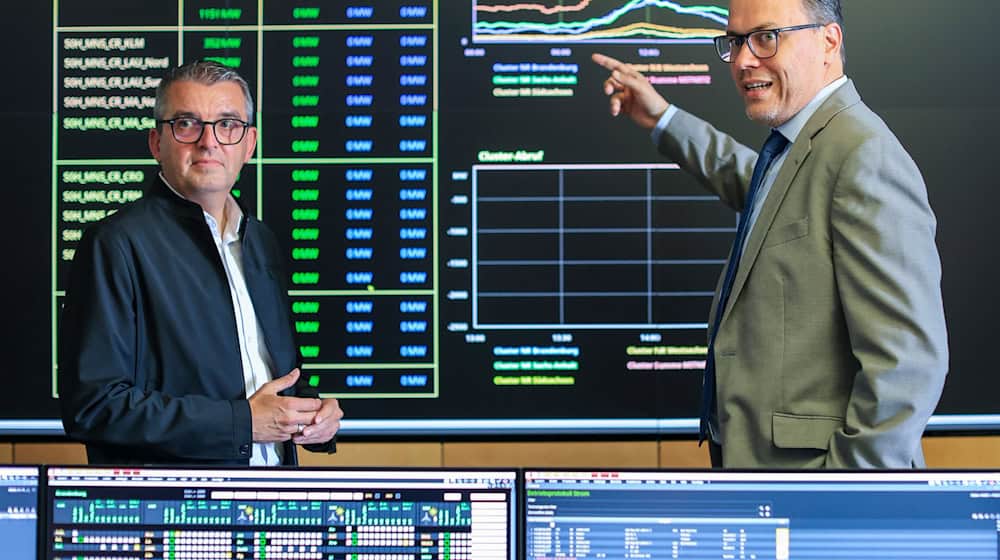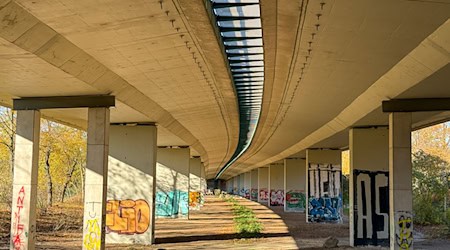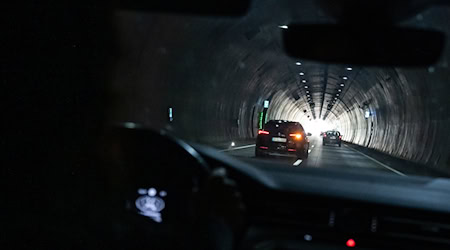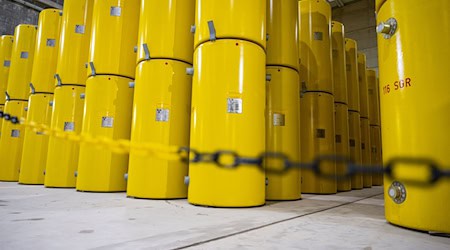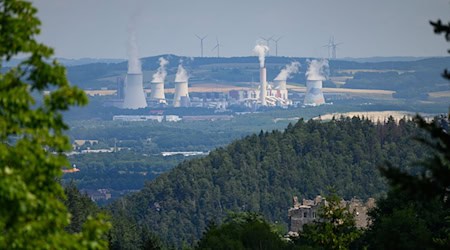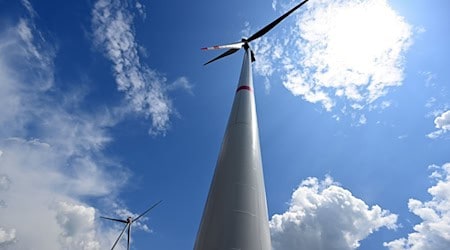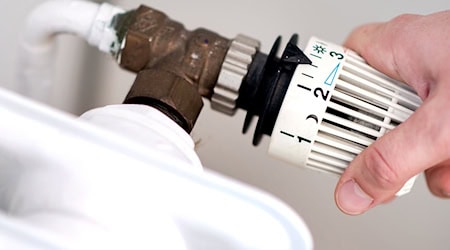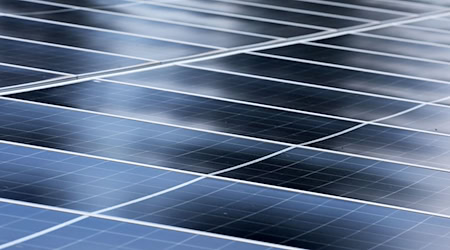Saxony's Minister of Economic Affairs Dirk Panter is pushing for more speed in the expansion of renewable energies. "I can see that we still have a lot of catching up to do in Saxony when it comes to the expansion of renewables. Other federal states, especially in the east, are outstripping us," said the SPD politician during a visit to the eastern German energy supplier EnviaM near Leipzig. The Free State must make significant progress, particularly in the expansion of wind power.
Panter also referred to the planned increase in revenue sharing for local authorities. "There are now fixed payments - we are talking about 0.3 cents for wind energy per kilowatt hour - that go to the municipality," he said. At least half must be passed on to the affected districts. "This is ultimately decided by the city or municipal council," said Panter. This is intended to strengthen acceptance and approval for wind power plants locally.
Ten times the area required - Saxony is lagging behind
The minister also reminded the public of the goal of designating two percent of the state's land area for wind power plants by 2032 - as also envisaged by the federal government. "We are currently at 0.2 percent of the state area that is built on." In his view, this clearly shows how much catching up Saxony still needs to do.
Panter also wants to focus on a broad energy mix. "As the Free State of Saxony, we have always been an energy export state," he emphasized. In order to maintain this position or at least secure its own consumption, Saxony must focus on alternatives. These include photovoltaics, biomass and geothermal energy, but above all new gas-fired power plants at former coal sites.
Hydrogen is not a miracle cure - but an important building block
On the subject of hydrogen, Panter said: "We will need hydrogen, so it is also important that we get a hydrogen core network." At the same time, he warned against exaggerated expectations - hydrogen alone will not be enough, but it will not be superfluous either.
With regard to costs, Panter pointed out that renewable energies are "by far the cheapest form of energy generation". When expanding the grid, a "pragmatic" approach must be taken and costs must be kept in mind.
Copyright 2025, dpa (www.dpa.de). All rights reserved

